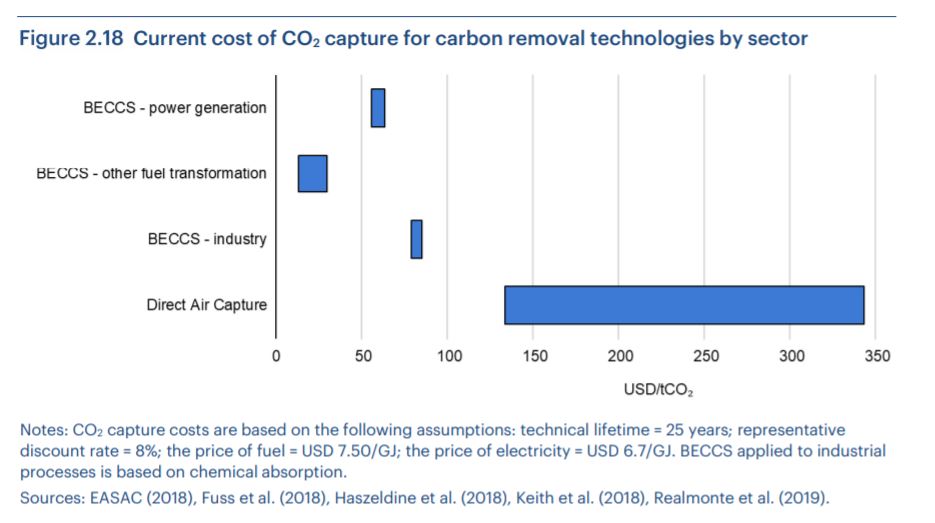There is no doubt that the climate crisis is the most sinister threat to Earth that humans have ever witnessed. Never mind that this tragedy is of our own making. We need to focus on implementing measures immediately if we are to avert catastrophic changes to all life. For a number of valid reasons there need to be, and there are, many changes, big and small, that we can employ if we are to win this "war".
Voluntarily or not, we must all start doing things that will reduce and stop the production of GHGs. I personally believe that government intervention can, and should, bring about the quickest, biggest changes as we do not have time to waste. In 2018 the UN warned that at the then-current rate, there were only twelve years left before world temperatures would tip into catastrophic consequences. Three years later we are still foot-dragging. For the moment, the biggest roadblock to beating climate change is governments' unwillingness to move decisively for fear of alienating voters. Therefore one of the most important and immediate needs is a full-out public awareness campaign.
Given the time constraint (the UN's twelve-year warning), there is no time to wait for such a campaign to be fully deployed. Concurrently with the ad campaign the governments need to act now.
There is not and will not be one, big solution. We are so far behind that we really must adopt a myriad of solutions, large and small. Some will focus on stopping further GHG emissions through the adoption of new technology for production of goods and provision of services. Other solutions will focus on capturing existing GHGs already in the atmosphere.
What Elon Musk is doing has had a profound impact and he is correct in looking to the sun as a great source of energy. But batteries will not solve all our problems. Hydrogen's role will likely be even bigger than we can currently imagine. The cost of water electrolysis and carbon-fuel pyrolysis is decreasing. In some instances it is already competitive but the knowledge must be shared in order that the technology is implemented.
What about our personal role in this planet-wide effort? Many of us feel that our part is inconsequential.
Can one person on a planet of nearly 8 billion people have any effect? Is our part in this fight meaningful? Is it up to us to change what we are doing? Well, there is a great deal of consequence in "the power of one".
At this point we must think back to our earliest lessons in mathematics. We learned that when a number, any number, is multiplied by "1" the result will equal that number, say 8 x 1 =8. But when any number is multiplied by zero the result will always be zero, say 8 x 0 = 0.
So eight billion multiplied by one equals eight billion. And eight billion multiplied by zero equals zero.
Are you going to be a "zero" and do nothing or will you be a "one" and be part of the solution?
For most goods that you purchase and services that you use, the true cost of CO2 and other GHG pollution is most often not built into the cost. Why? Because the people who make the products and do the work know that they have a free ride at your expense and you probably do not realize just how much money they are putting in their pockets at your expense. By their refusal to capture GHGs now they succeed in passing the future cost to you! "It is cheaper to pollute than capture GHGs."
The crying shame of it is that it is cheaper to capture GHGs as they leave the smoke stack (say, $65/tonne) than once they are in the atmosphere (say, $275/tonne).
The International Energy Agency (IEA.org) has published a very comprehensive look at the issue of capturing GHGs
https://www.iea.org/reports/ccus-in-clean-energy-transitions/a-new-era-for-ccus. For those among us who complain about the Canadian carbon tax, which is currently $40 a tonne, they should know that once the GHGs leave their
leaf blower, the lawn mower, the car tailpipe, or the house chimney, the cost of capturing those emissions out of the atmosphere,
known as Direct Air Capture or DAC, is actually
$135 to $335 a tonne (2018-2019 data, chart below).

If we were on a user-pays-the-true-cost of Direct Air Capture of GHGs, it would be more than $150 a tonne and probably over $200. So who is, or will pay for all the tonnes of GHGs that are between 20 and 30 tonnes per Canadian household every year? So, you can easily see why we need to do everything we can to prevent GHGs from entering the atmosphere. ⚹
What can you do? (a)Stop creating more GHGs where possible. (b)Reduce the amount of GHGs you create by making choices. (c)When you must/do create GHGs, consider purchasing "carbon offsets". This guide to Offsets is very complete but go to page 10 if all you are looking for are suggestions of where to get them.
Always remember the rule of "the power of one". Call or write your elected representatives. Speak to the owners and managers of the enterprises with which you do business and ask them to provide "greener" alternatives. In a few years you and your children will be glad that you did.
We all need to do our best and be Reaching For Zero.
Ian Marcil, Winnipeg